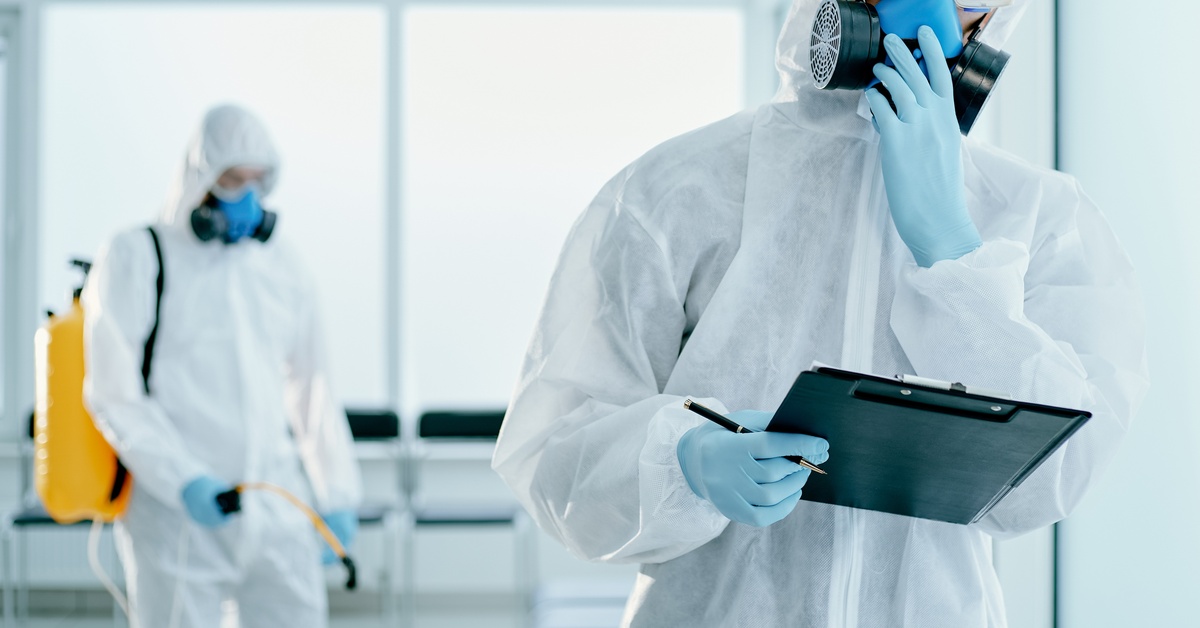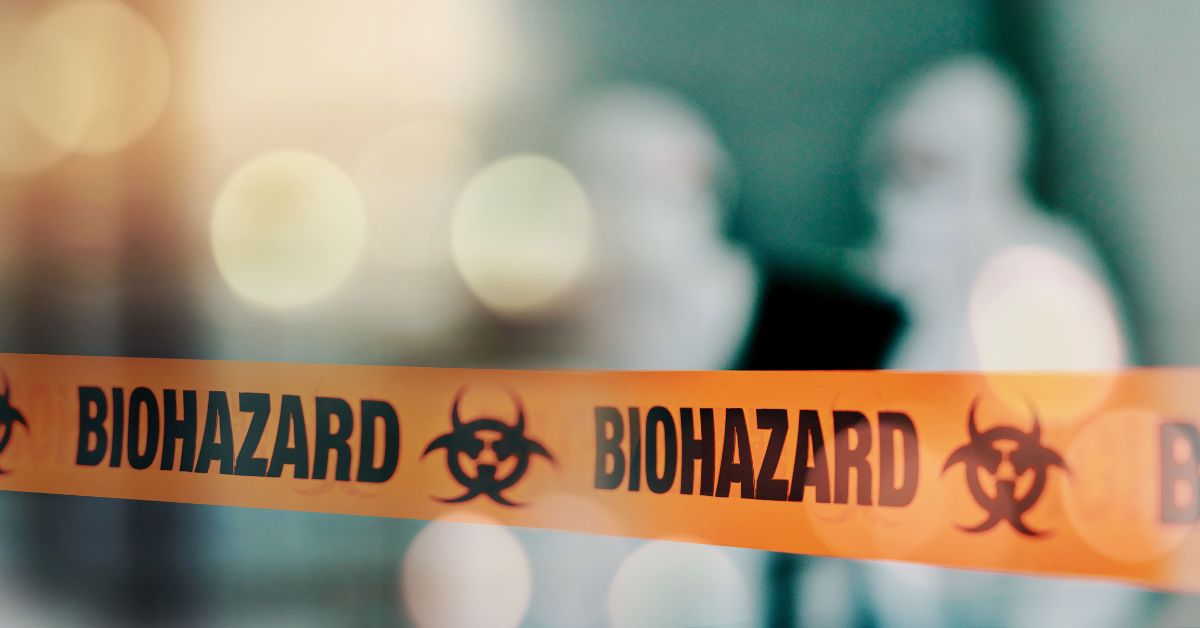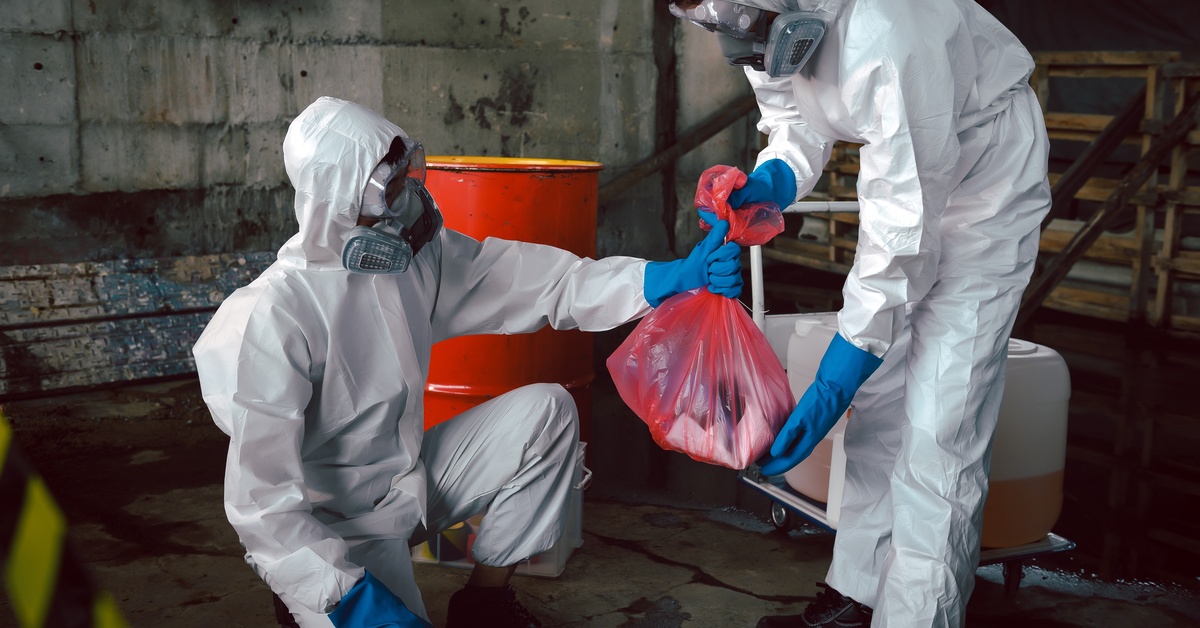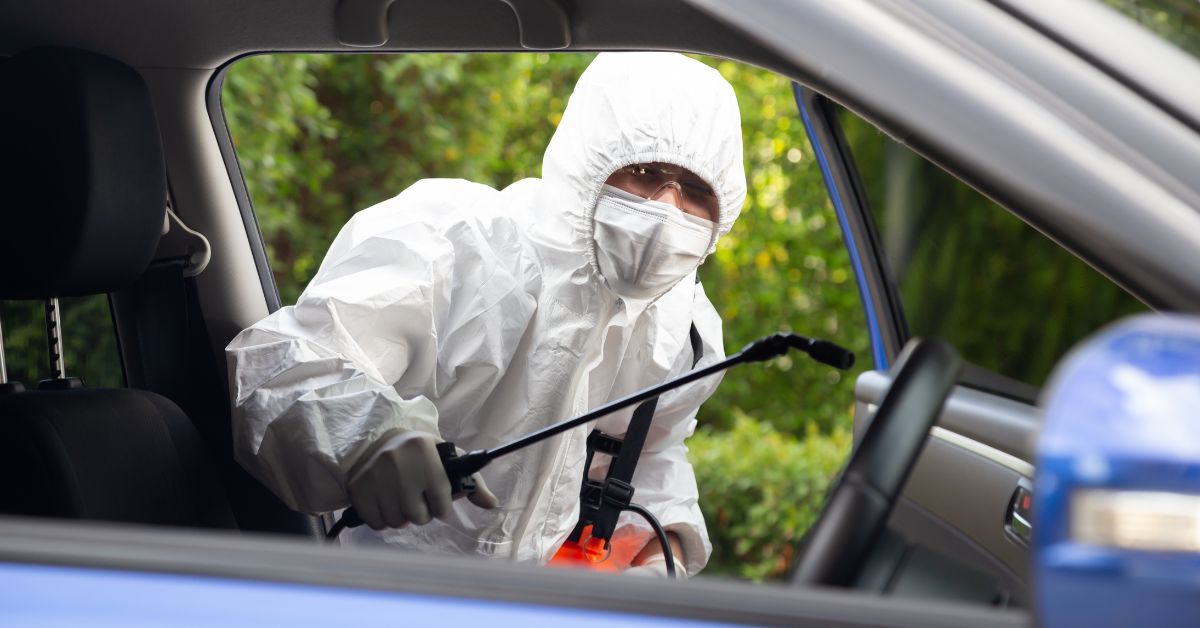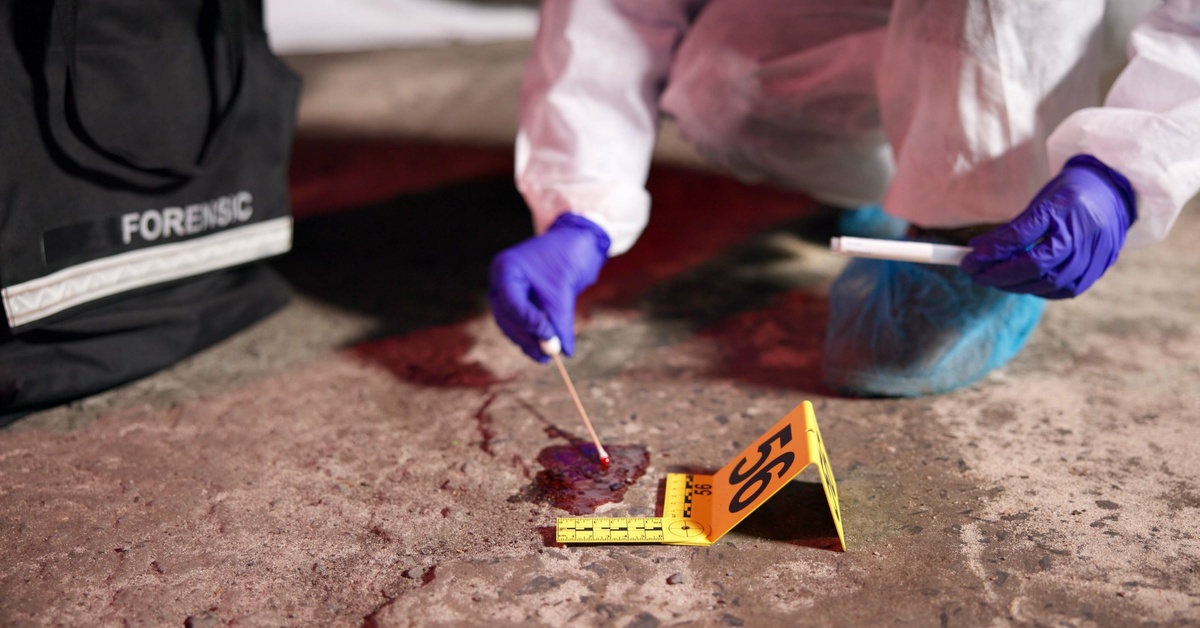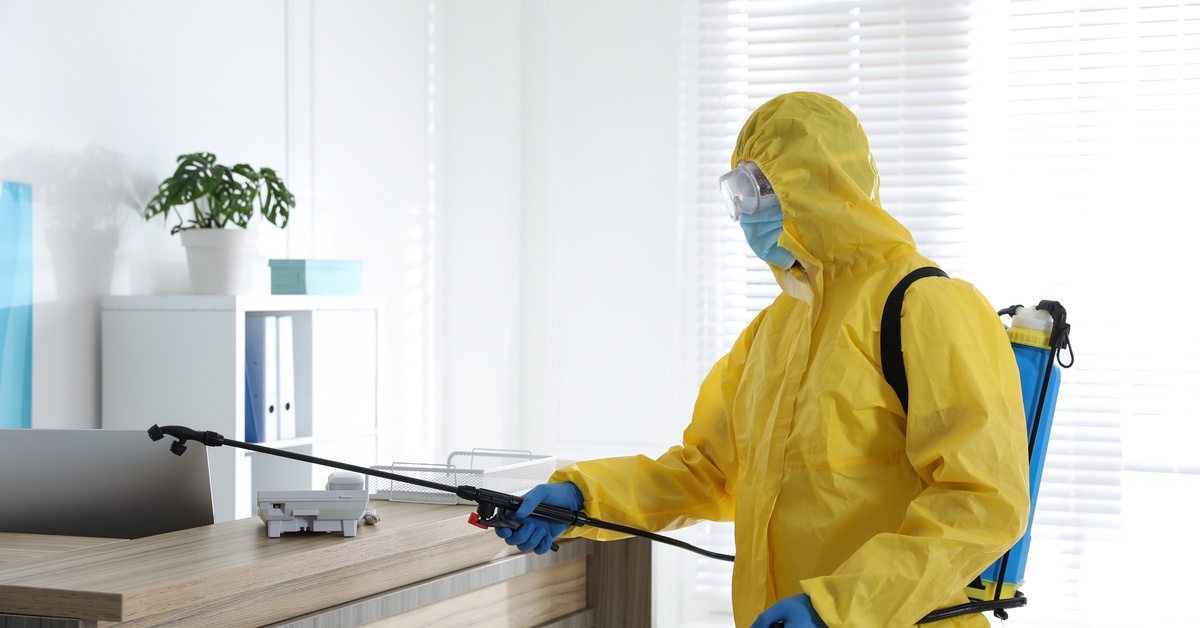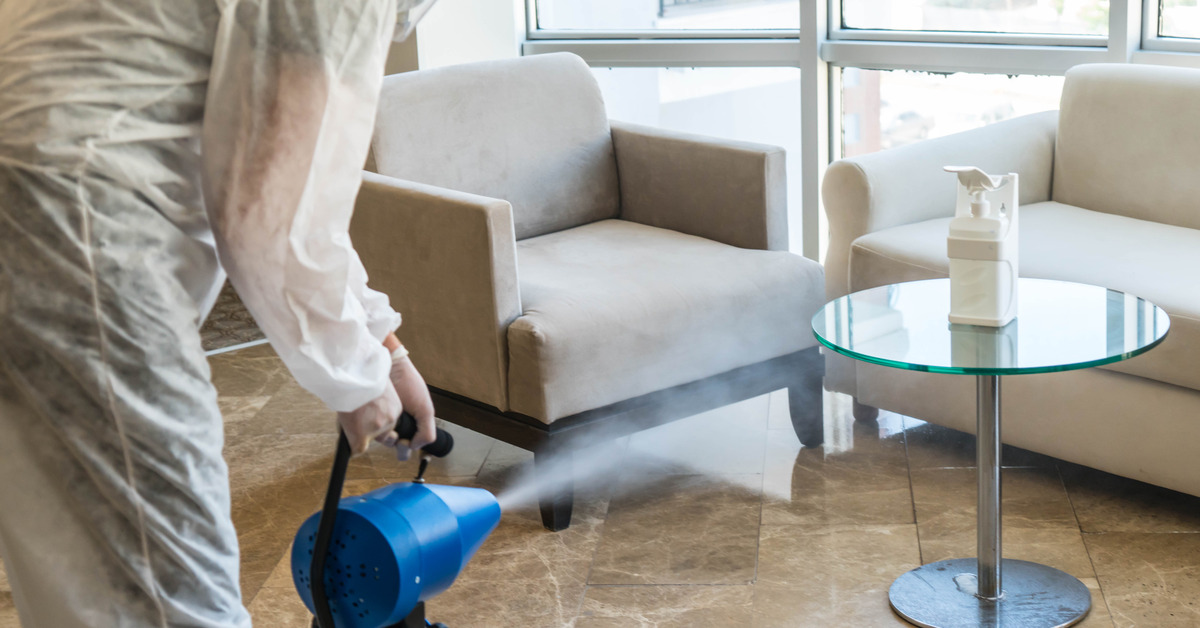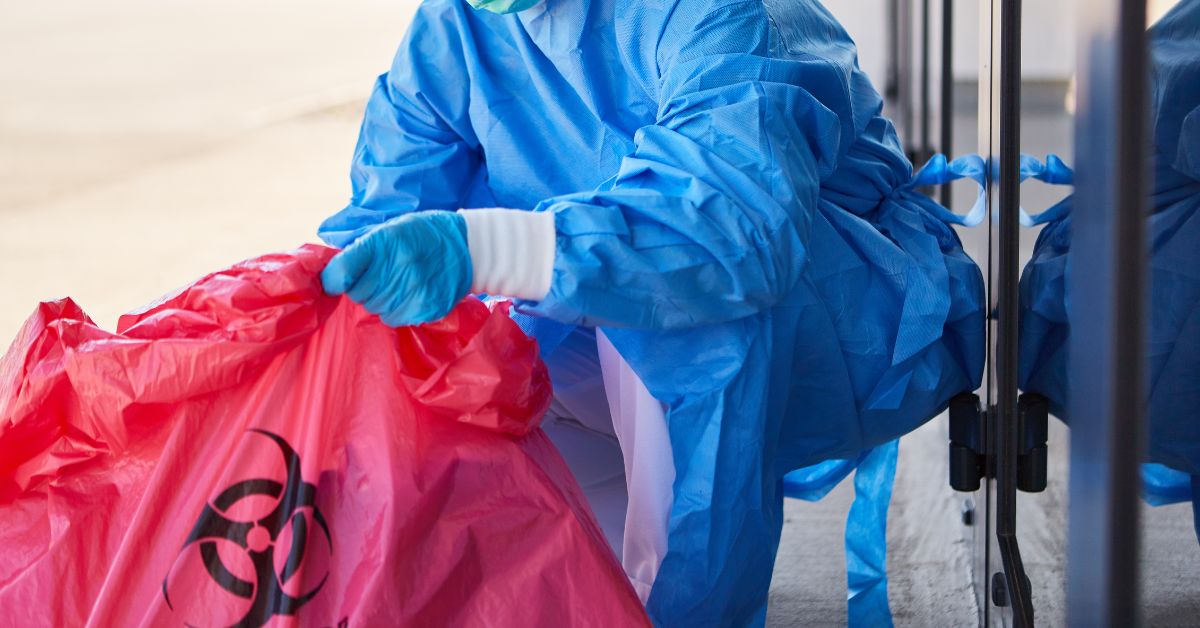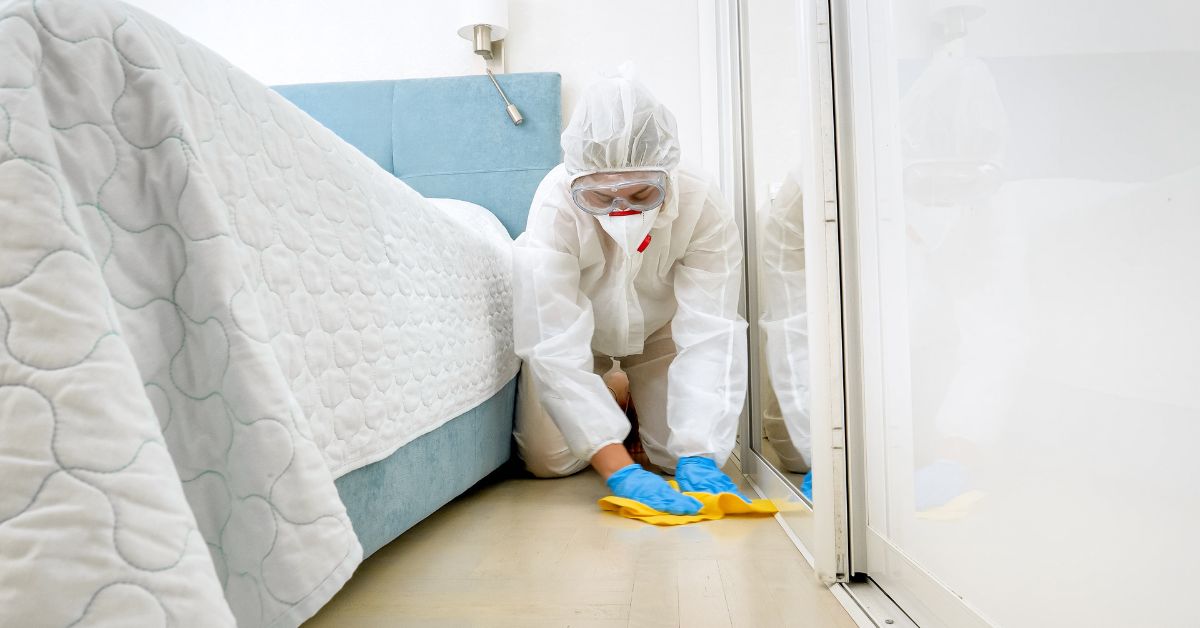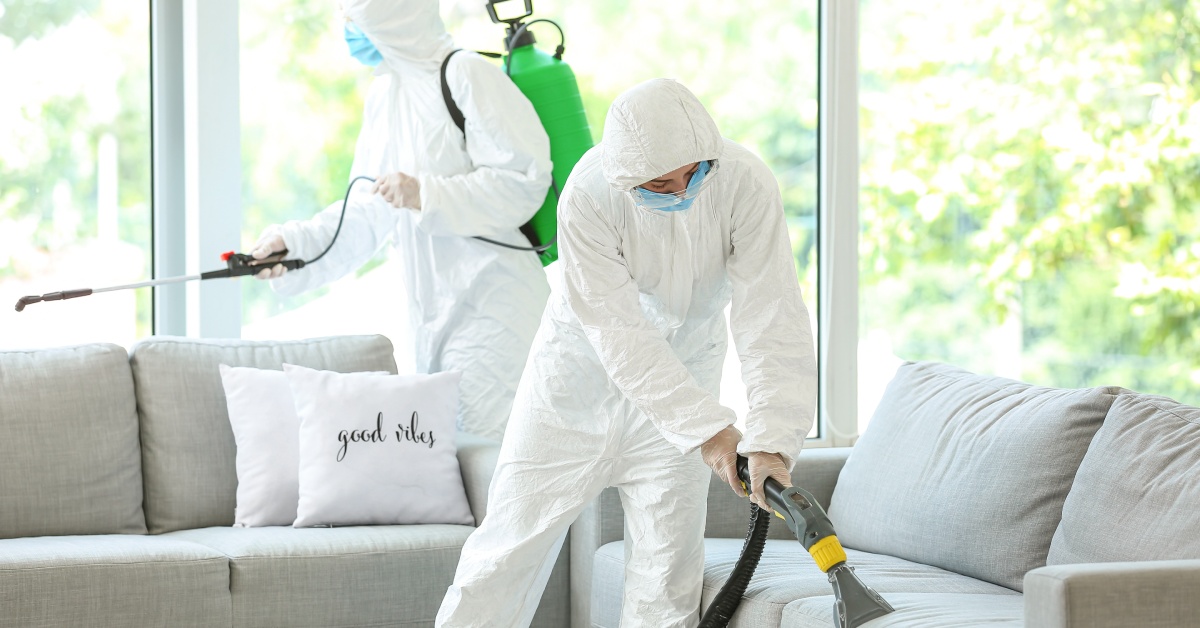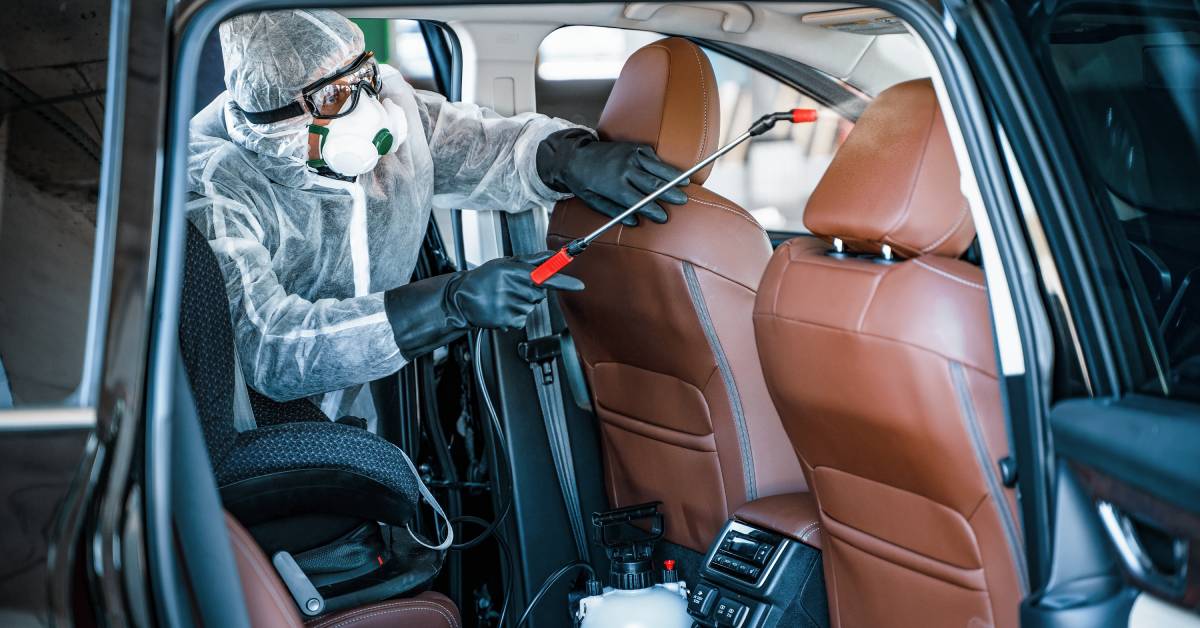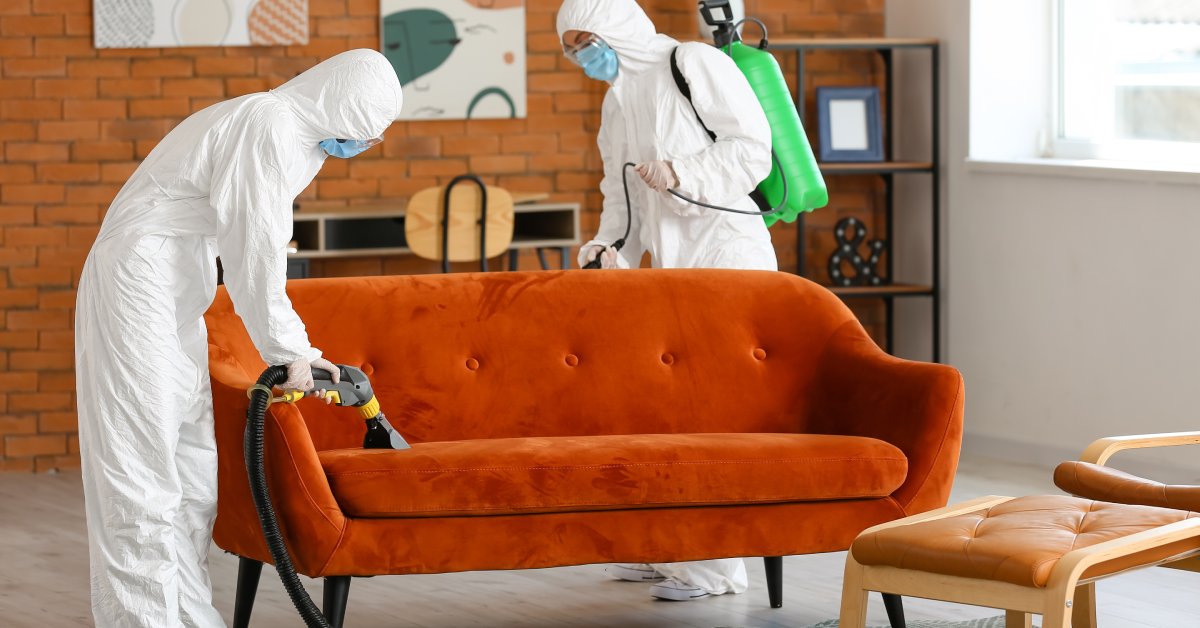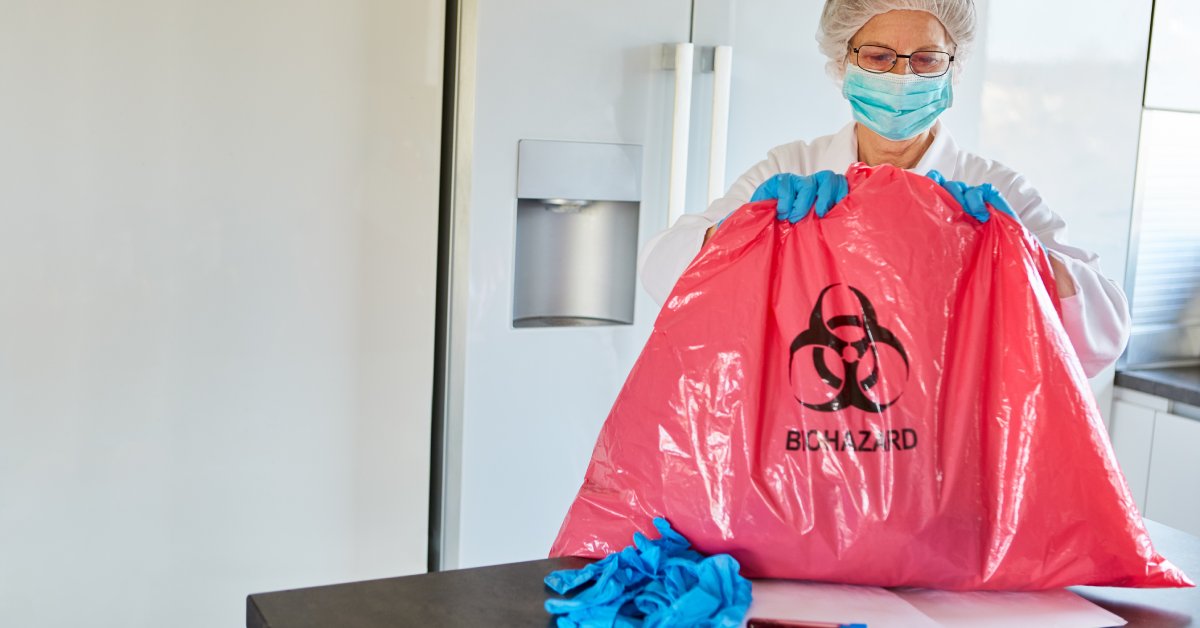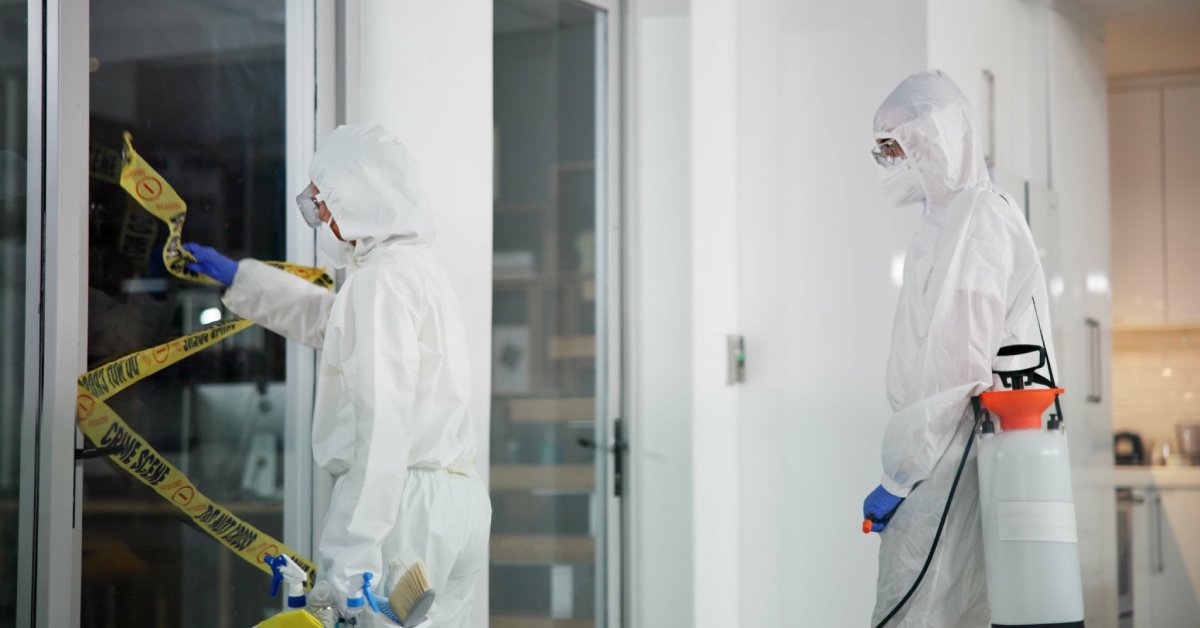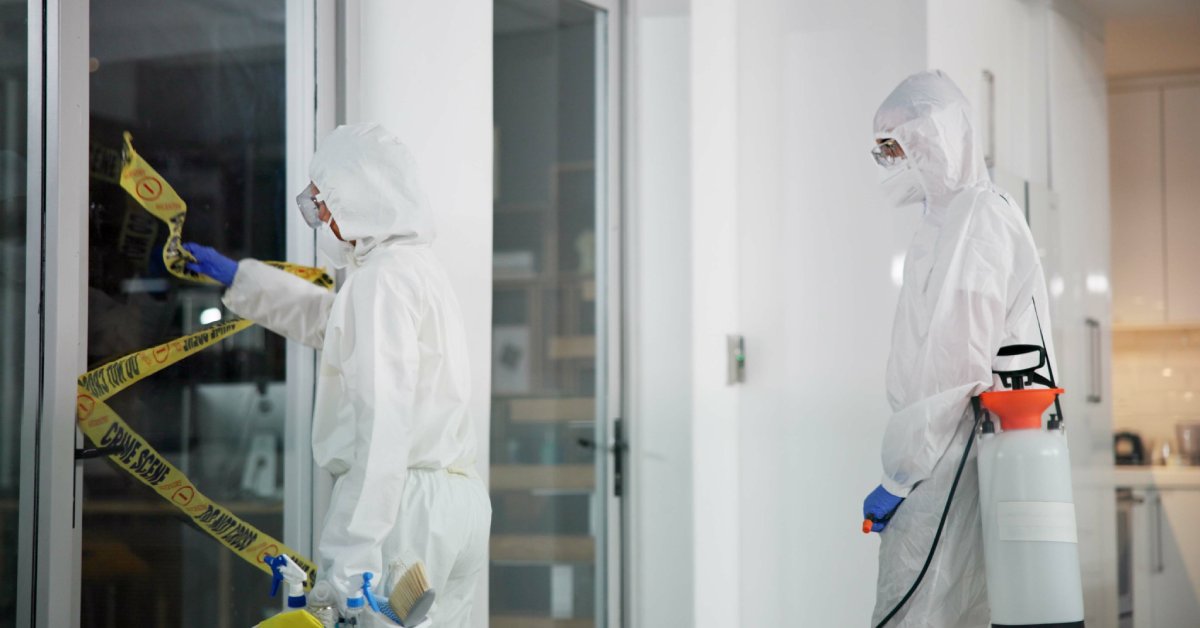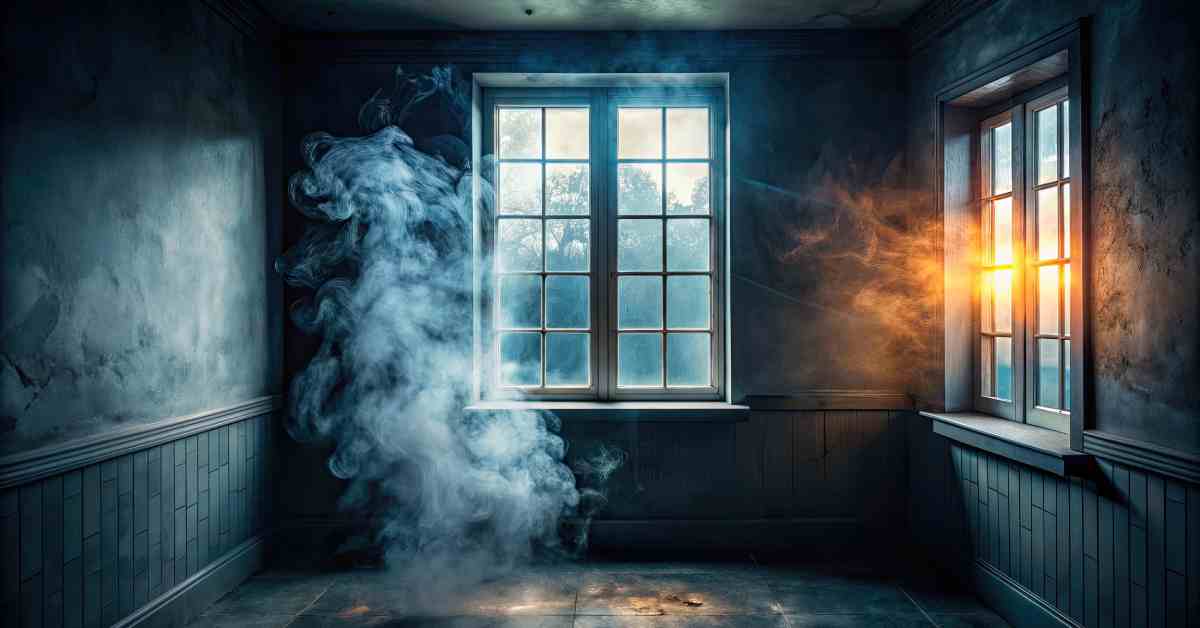Learn why IICRC certification matters in biohazard cleanup and how it ensures safe, professional remediation for trauma, crime, and hazard scenes.
Category Archives: Biohazard Cleanup
Services To Expect From a Biohazard Cleanup Company
Discover the services offered by biohazard cleanup companies, including trauma scene restoration, odor removal, and hazardous material disposal.
Expert Biohazard Cleanup Services Include Proper Disposal
Are you dealing with biohazards? Learn how hiring professionals for biohazard cleanup ensures safe and proper handling of hazardous materials.
Will Insurance Cover Vehicle Biohazard Cleanup?
Do you need biohazard cleanup for your vehicle? Learn when insurance covers this cost, how to file claims, and the benefits of hiring professionals.
Blood & Bodily Fluid Spill Cleanup: Prevent Contamination
Learn how to clean up blood and bodily fluid spills safely and why choosing professional cleaning services is the best way to prevent contamination.
Keeping Your Environment Safe With Biohazard Cleanup
Learn about the importance of pro biohazard cleanup after an accident and how it keeps your environment safe, whether crime scenes or unattended deaths.
Choosing the Right Biohazard Cleanup Company
Unsure where to turn after a biohazard emergency? Follow these key tips to find a certified, dependable cleanup company that prioritizes safety.
Grieving Process May Start With a Cleanup After a Death
Grieving the loss of a loved one? The process may start with taking care of their space. Creating order can bring emotional relief and support healing.
How Long Does the Biohazard Cleanup Process Take?
How long does biohazard cleanup take? Discover what can impact the timeline, from contamination intensity to the methods used by certified professionals.
Clean Up Bodily Fluids: Do It Yourself or Wait for the Pros?
Cleaning bodily fluids is complicated and risky. Does DIY work, or do you need expert help? Uncover the truth about safe and effective cleanup processes today.
Essential Steps for Safe Biohazard Cleanup in Your Home
Confused about biohazard cleanup? These must-know steps will keep you safe. From PPE to proper waste disposal, tackle the toughest messes with care.
Safe Vehicle Biohazard Cleanup Tips After an Accident
Learn key strategies for safe vehicle biohazard cleanup after an accident. Discover effective cleaning solutions and the importance of professional services.
The Importance of Professional Biohazard Cleanup Services
Biohazard cleanup isn’t just about cleaning—it’s also about safety, regulation, and peace of mind. Learn why professionals are essential in these scenarios.
The Dangers of DIY Biohazard Cleanup: Your Health & Property
DIY biohazard cleanup might sound simple, but the dangers are real. Understand why expert help is essential for your well-being and property.
How Long It Typically Takes To Clean Up a Crime Scene
Cleaning up a crime scene takes careful planning and expertise. Learn about what factors influence the time required for a thorough and safe cleanup.
The Reason Flies Are Attracted to Dead Bodies
Discover why flies flock to dead bodies and their role in ecology. Find out the surprising connection between flies and biohazard cleanup services!
How Crime Scene Cleaners Protect Your Privacy
Uncover the ways crime scene cleaners maintain your privacy and dignity and safeguard your personal space through skilled and confidential cleanup.
12 Factors That Affect the Rate of Human Decomposition
Death is an inevitable part of life, and while it’s often a topic we avoid, understanding what happens post-mortem can be both fascinating and important. Forensic scientists and law enforcement professionals rely on this knowledge to solve crimes and bring closure to families. These are a few of the factors that affect the rate of …
Continue reading “12 Factors That Affect the Rate of Human Decomposition”
Do I Need a Professional to Clean Up Bloodborne Pathogens?
Bloodborne pathogens are microscopic organisms like viruses or bacteria that reside in infected blood and can cause serious diseases like Hepatitis B, Hepatitis C, and HIV. These pathogens can be transmitted through contact with infected blood or other potentially infectious body fluids (PIBFs). Encountering blood spills or bodily fluids in your home or workplace can …
Continue reading “Do I Need a Professional to Clean Up Bloodborne Pathogens?”
How Professionals Clean Up Tear Gas and OC Spray
How Professionals Clean Up Tear Gas and OC Spray Tear gas and oleoresin capsicum (OC) spray is prevalent in crowd control and law enforcement situations where officers may need to clear out a space. These chemical agents disperse rapidly and can linger in the environment, causing discomfort and health risks to those exposed. Cleaning up …
Continue reading “How Professionals Clean Up Tear Gas and OC Spray”

